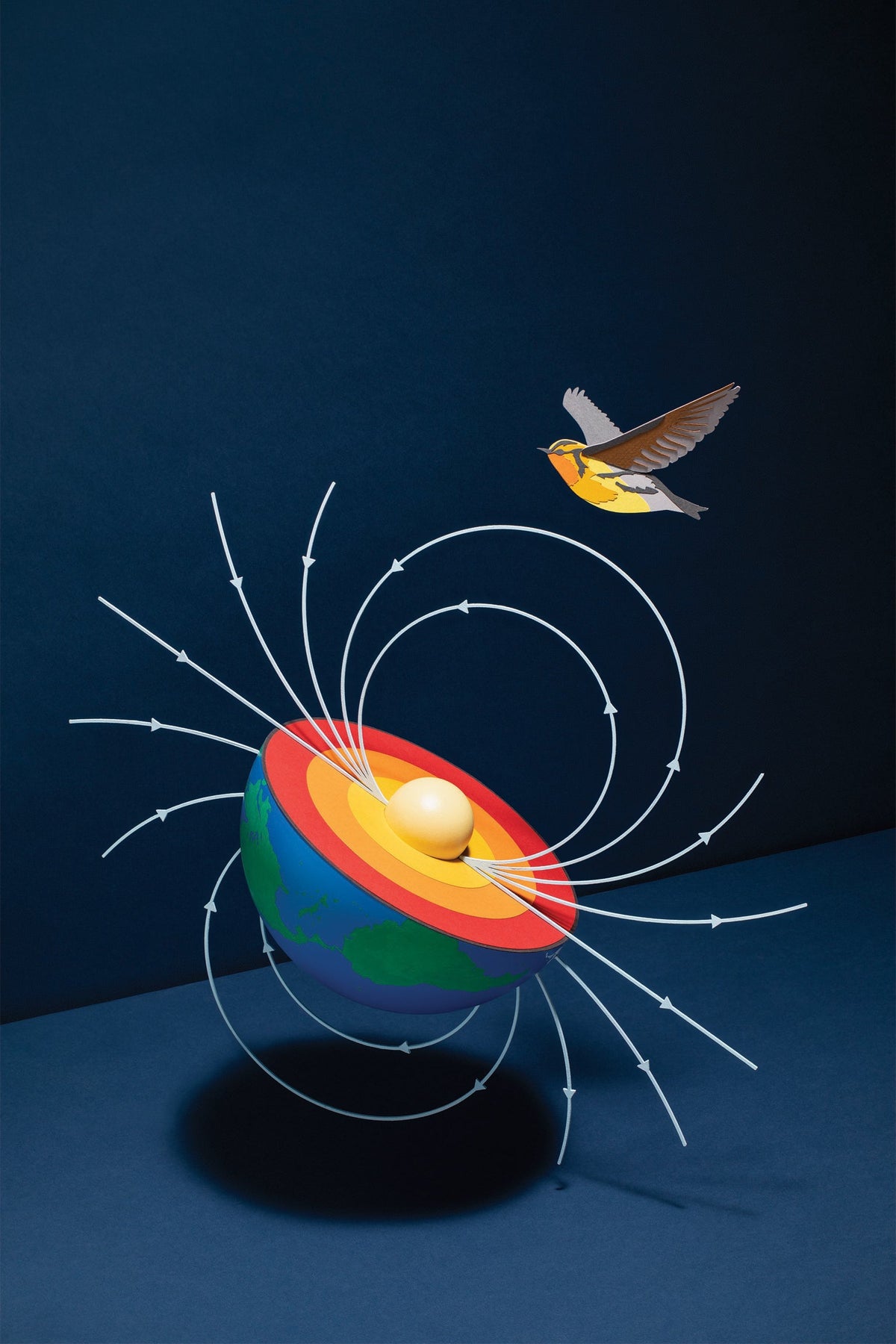Folks,
I scanned through the Medium article. Utter poppycock. This is pseudoscience. If you want to cite authority, try a prestigious journal like Nature. As someone who’s spent the last 40 years of his academic/industrial career studying brain-inspired computer models, let me say there’s a huge amount going on in biology we have absolutely no clue about. We have spent hundreds of billions of dollars in research funds over the past 70-100 years trying to figure the brain out. We are not close to solving this mystery. Even the most basic questions like how you recognize your mother or that you’re hearing classical music, not jazz, or that you’re eating pizza are completely unknown. There’s tremendous amounts of data and a few basic things we have learned. But no, it’s not like physics or chemistry or math. The brain remains a black box.
Whether the brain is analog or digital has been debated in my field for decades. The short answer: no one knows. Clearly, DNA is digital in some aspects, but it’s just a code. The real work is done by proteins and they’re very analog. Consider this. Your brain has a 100 billion neurons, each of which makes roughly 1000 (analog) connections with other neurons. That’s more than 100 trillion real analog connections. Each neuron’s working is described by a complex partial differential equation called the Hodgkin Huxley model, after its inventors who won the Nobel prize for their work. I took a whole course in grad school where we spent the entire semester studying one neuron.It is very very analog. Chemical and electrical signals and each synapse where two neurons meet exchange a complex set of neurotransmitter molecules.

www.ncbi.nlm.nih.gov
But the real dilemma is the brain is not like any computer ever built. It’s a self organizing system. The embryo develops into all the trillions of cells in your body, one piece of which becomes your brain. Your DNA cannot code all this complexity. It’s a set of high level instructions. What happens is that as the brain forms when you are still growing in the womb, millions of neurons die. So it’s very stochastic. Each of our brains at a very coarse level is similar. But a fine grained level, our brain connections are very different. That’s because complex local analog processes form these analog connections. It’s a huge mystery how a lot of animals have hard coded behaviors like walking and running. If you’re born in the African savannah, like a zebra, you don't have 6 months to learn to walk, like humans. You don’t run, you are breakfast for a hungry lion. Animals in the wild are faced with the threat of dying every second of every day they are alive. Finding food and not dying are the most pressing problems. That's what shaped our brains. Animals are hardwired with the essential survival skills. How that data is passed from the DNA to the brain is completely unknown.
I could write pages on this stuff, but let’s not waste time arguing over analog vs digital for the brain. There’s both, and it’s very complex interactions at the molecular level that shape our brains. If you want to read a crazy theory of how the brain works, read this book by a Nobel prize winning physicist written a couple of decades ago. His thesis is the brain is a quantum computer.
I used to think Roger Penrose was crazy, but then it was discovered that the way birds navigate for thousands of miles over oceans in complete darkness and in all weather is that their retinas have these particular molecules that respond to the earth’s magnetic field using quantum entanglement, a crazy science fiction like phenomena that led to this year’s Nobel prize in physics. Yup, birds have quantum computers in their eyes. It’s not digital!
New research hints at the biophysical underpinnings of their ability to use Earth’s magnetic field lines to find their way to their breeding and wintering grounds

www.scientificamerican.com
Quantum entanglement is this crazy phenomena where you can send two particles off thousands of miles apart, and do a measurement on one particle and voila’, the other particle responds to that instantly. Einstein called it “spooky action at a distance”. It violates the principle that nothing travels faster than light. It’s absolutely mind blowing that nature works this way. Yet every experiment done over 50 years says that’s how nature works.
The Nobel Prize in Physics 2022 was awarded jointly to Alain Aspect, John F. Clauser and Anton Zeilinger "for experiments with entangled photons, establishing the violation of Bell inequalities and pioneering quantum information science"

www.nobelprize.org
In a few decades, the Internet may work by quantum entanglement where data is transmitted instantly with no delays, even faster than light through optical fiber technology.
So, if apparently lowly birds use quantum entanglement with their tiny brains to navigate, who knows what’s going on inside our massively larger brains? We could be using a sophisticated form of quantum computing that we don’t know yet. So simple distinctions like analog vs digital are pointless. The brain, if it’s doing quantum processing, is at a completely different level. One we have no clue about at all. It’s like dark matter. Most of the mass in the universe is unexplained. Physicists call it dark matter because they have no clue what it is. And physics is so much further, centuries ahead, of where brain models are.




